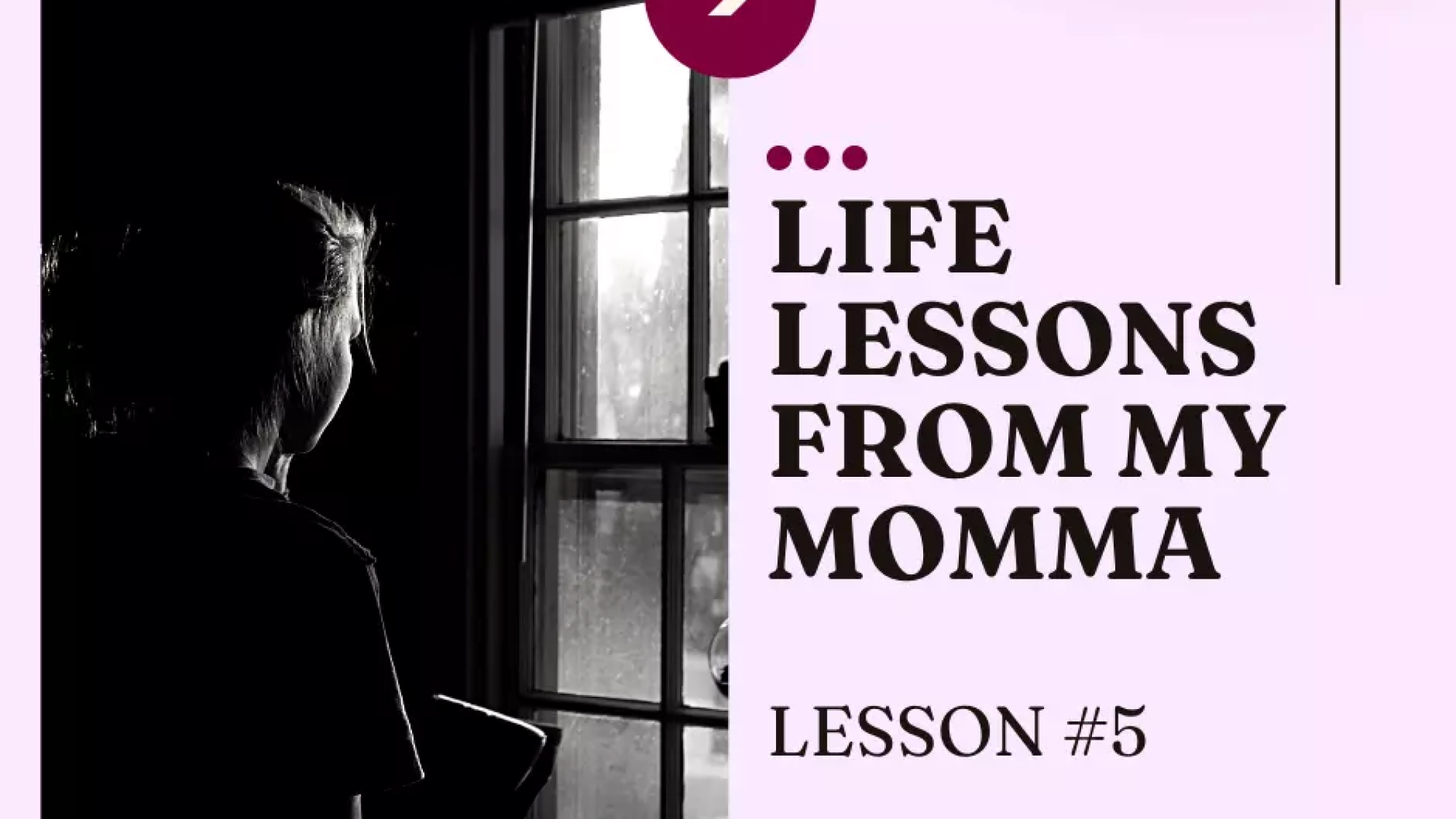Often times when we feel stuck in a situation, we will ask our friends and family for their opinions and perspectives. When this occurs, we search for advice from those we trust and those we love. It is important to foster and maintain these relationships, as everyone needs a reliable support system to bounce ideas off of when faced with making decisions. Listening to yourself means honoring your authentic voice, while considering others’ opinions provides valuable perspectives for informed decisions and growth.
However, it is important to also keep in mind that if you search for advice-that is exactly what you will receive – some of the advice you receive may be sound while others may contain bias. Your most trusting relationships will advise you on how you should live your life, and what you should do in a given situation. Though this may seem harmless; overtime, this too may become a problem.
Listen to opinions and perspectives-they may be helpful. But you must be strong enough to make your own decisions in life.
When anyone gives suggestions to their loves ones, their intention is to find solutions for a specific problem or issue. However, what works for one individual may not necessarily work for another. People are quite different. No one individual or relationship is like any other. When you are faced with challenges that require decision-making skills, you may certainly turn to your family and friends for guidance or support-However the decisions you make must be yours. When you make your own decisions, you take yourself and your needs into consideration. This will allow you the opportunity to live a fulfilled and happy life.
You know deep in your heart what does not work for you and what does. Remember to be true to yourself because you are in control of your own life. Below are some helpful tips to strengthen your decision-making process.
Be open-minded when gathering knowledge/information.
When hearing out opinions and making decisions it is always helpful to do research and obtain information. Collecting this type of data can be useful in making informed decisions as you learn about available options. Being receptive to various opinions is essential for effective decision-making. Open-mindedness allows for the consideration of diverse perspectives, which can lead to more well-rounded decisions. At this point, it may also be helpful to assess possible risk factors and consequences.
When making decisions listen to your own logic and reasoning.
You are the author of your own story with your own set of values and personal beliefs. You are wise and have had many life experiences that can contribute to your understanding of “how the world works,” as well as “how you work.” Aligning your decisions with your core values ensures consistency and authenticity to your decision. Be mindful of your own thought process and how you may apply your knowledge in any event.
Trust yourself and the decisions that you make.
You must be willing to trust yourself and have confidence in the decision you make. Remember, whatever decision you face you are usually at the center of it. Think positively and believe that you will make the right choices. You have been able to overcome many obstacles thus far. This contributes to your inner strength and courage to “keep going.”
In summary, listening to opinions and making decisions require a blend of open-mindedness, critical thinking, emotional intelligence, knowledge, communication skills, alignment with values, awareness of context, and understanding of decision-making styles. Balancing these factors contributes to making sound and informed decisions. If you struggle with making decisions, consider making an individual therapy appointment to really focus on this critical skill which will enable your true self, own your decisions, and take control of your present and your future.



